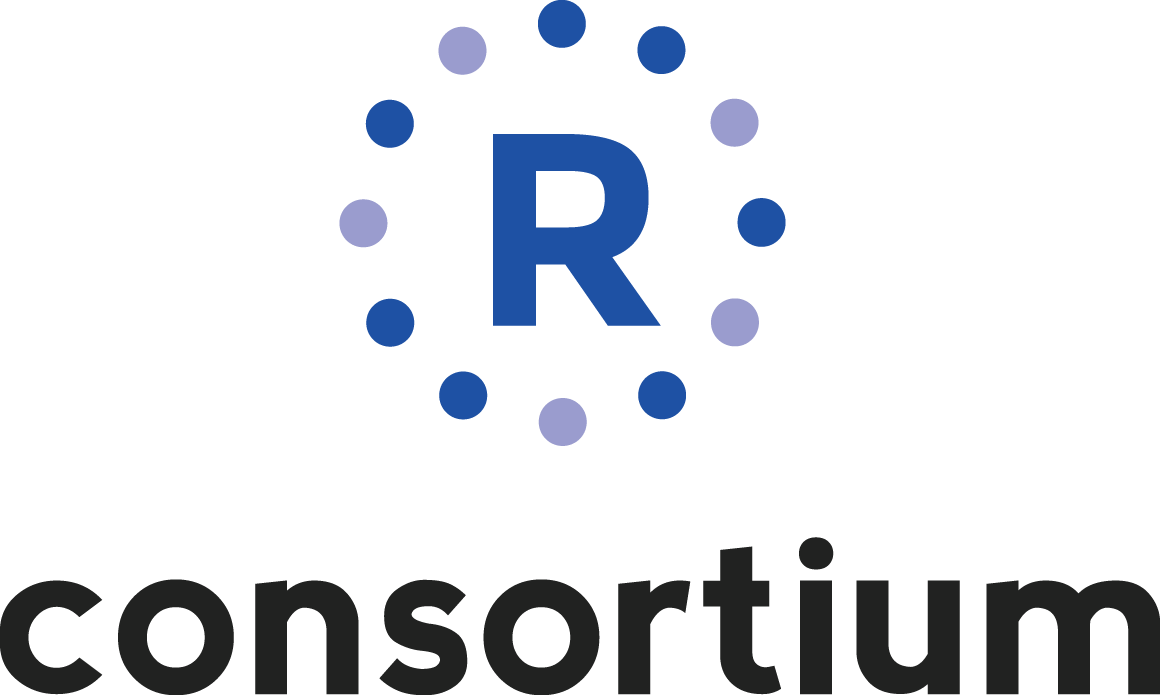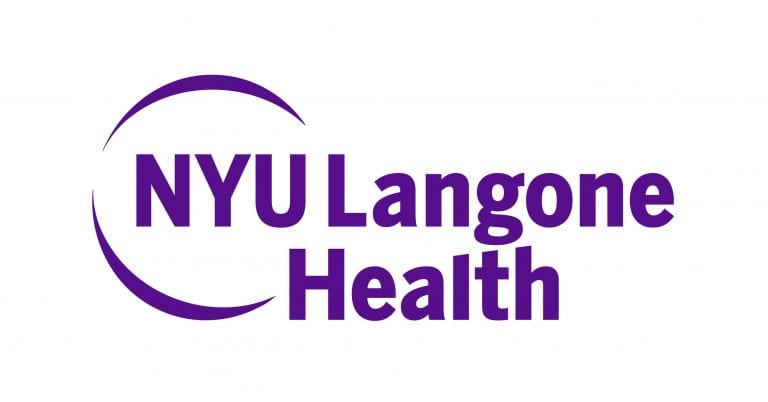Conference Home
Registration
Call for submissions
Travel & Accommodation
Schedule
- Developer Day
- Main Conference -- Day 1
- Main Conference -- Day 2
- Robert Gentleman Symposium
- Poster Titles
Resources
- Organizing committee
Sponsor Opportunities
Code of Conduct
Bioconductor: https://bioconductor.org
Hosted on GitHub Pages
Theme by orderedlist
BioC 2019: Where Software and Biology Connect
When: June 24 - 27, 2019
What: Developer Day, Main Conference, Symposium
Where: NYU and Rockefeller University, New York City, USA
Slack: Bioconductor Team (#bioc2019 channel)
Twitter: #bioc2019
BioC2019 highlights current developments within and beyond the Bioconductor project. It consists of:
- Developer Day June 24 at NYU Langone: provides developers and would-be developers with insights into Bioconductor project direction and software development best practices.
- Main Conference June 25-26 at Rockefeller University: morning scientific talks and afternoon workshops provide insights and tools required for the analysis and comprehension of high-throughput genomic data.
- Robert Gentleman Symposium June 27 at Rockefeller University: A one-time symposium in honor of the 60th birthday of Robert Gentleman, one of the originators of R and Bioconductor. This day will feature talks and panel discussion by Robert Gentleman and associates.
Confirmed Speakers
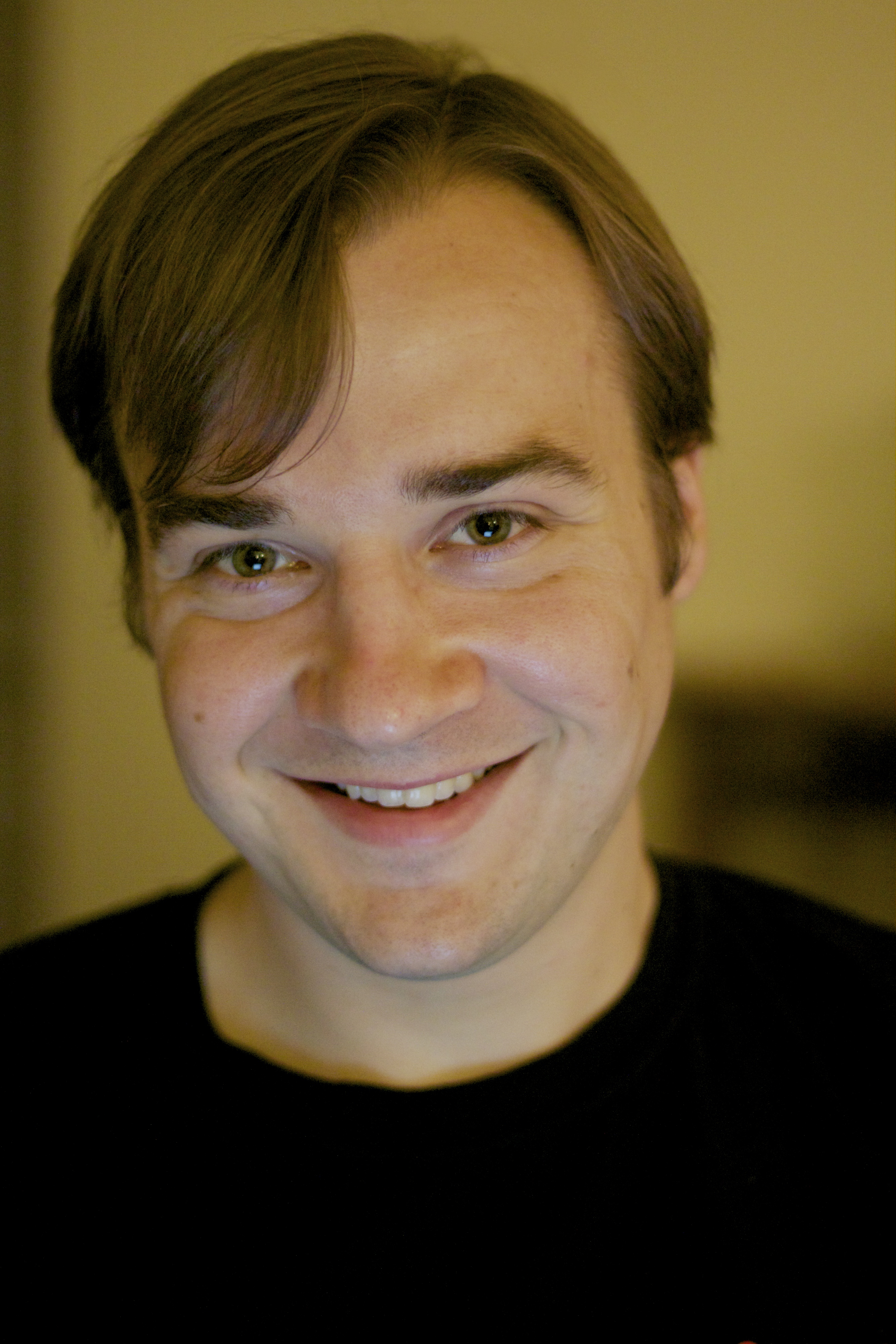
Rob Patro, Stony Brook University
I am an assistant professor in the Computer Science department at Stony Brook University. My main academic interests include computational biology and bioinformatics, machine learning, programming languages, computer graphics, scientific visualization and parallel computation. I also have recreational interests in math, physics, music, politics and video games.

Jeffrey Leek, Johns Hopkins University
Dr. Leek leads a group of researchers, educators, and data scientists using data to solve problems in molecular biology, human health, meta-research, education, and anything else they think could be useful for the world. They produce data tools and code that you can use for your projects as well.
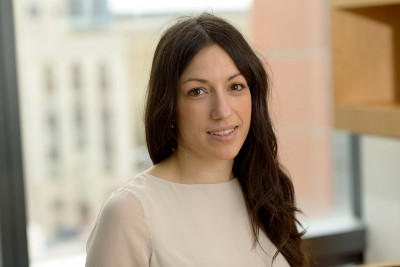
Elli Papaemmanuil, Memorial Sloan Kettering Cancer Center
The Papaemmanuil lab is a collective of clinical, computational, molecular and mathematic research investigators with an interest to study the role of acquired mutations in cancer development and how these determine clinical phenotype and response to therapy. Her mission is to execute research that informs and moves clinical practices in oncology forward.
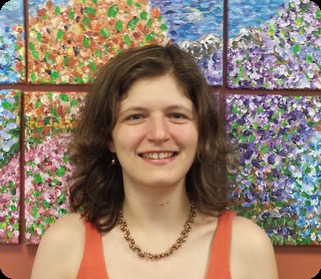
Simina Boca, Georgetown University
Dr. Boca analyzes omics data, including metabolomics and genomics, and considers their downstream application in precision medicine. In particular, she developed novel computational and statistical methods for high-dimensional data analysis, led the first comprehensive metabolomic study for Duchenne muscular dystrophy, and contributed to several of the early exome sequencing projects of human tumors. Additional areas of interest include cancer epidemiology and population genetics.

Lieven Clement, Ghent University, Belgium.
The Clement group develops novel statistical methods and tools for the interpretation of omics data. Their research is structured according to three ‘omics domain: Meta-genomics, Transcriptomics (RNA-seq and single cell RNA-seq) and Proteomics (Identification and Differential Analysis in Mass Spectrometry based Quantitative Proteomics). They also leverage expertise in experimental design and data analysis for omics to researchers in the life sciences and have a keen interest in ‘omics data integration.
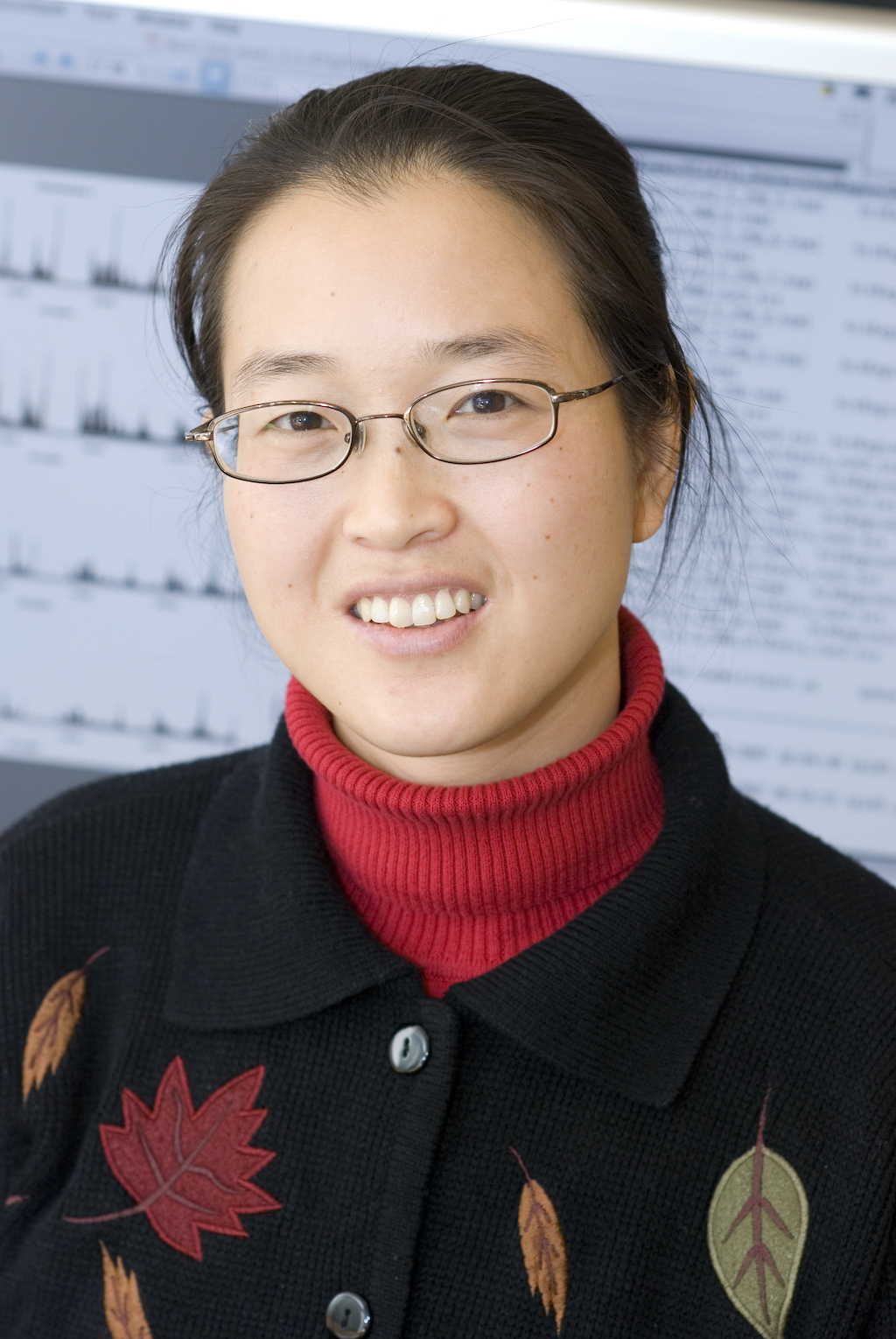
Lihua Julie Zhu, University of Massachusetts
Dr. Zhu is interested in the understanding of gene regulation and cancer etiology, biomarker discovery, and development and application of genome editing technology by mining and integrating various high-throughput datasets such as ChIP-seq, RNA-seq, ATAC-seq, miRNA-seq, Hi-C, shRNA-seq, PAS-seq, NAD-seq and GUIDE-seq. Her expertise is algorithm and computational tool development, and her group is an active contributor to the Bioconductor project. She has developed a dozen packages with various utilities, ranging from machine learning, peak calling, motif identification and alignment, quality assessment of ATACseq data, annotation, data integration, visualization, gRNA design and genome-wide offtargets identification in CRISPR genome editing studies.
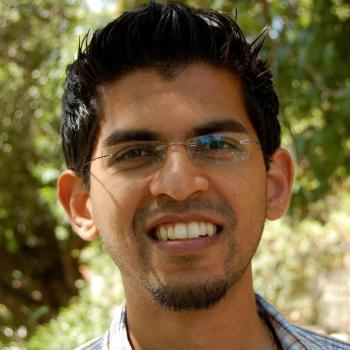
Anshul Kundaje, Stanford University
Anshul Kundaje is an Assistant Professor of Genetics and Computer Science at Stanford University. His primary research area is large-scale computational regulatory genomics. The Kundaje lab specializes in developing statistical and machine learning methods for large-scale integrative analysis of heterogeneous, high-throughput functional genomic and genetic data to decipher regulatory elements and long-range regulatory interactions, learn predictive regulatory network models across individuals, cell-types and species and improve detection and interpretation of natural and disease-associated genetic variation.
More information: workshop@bioconductor.org




